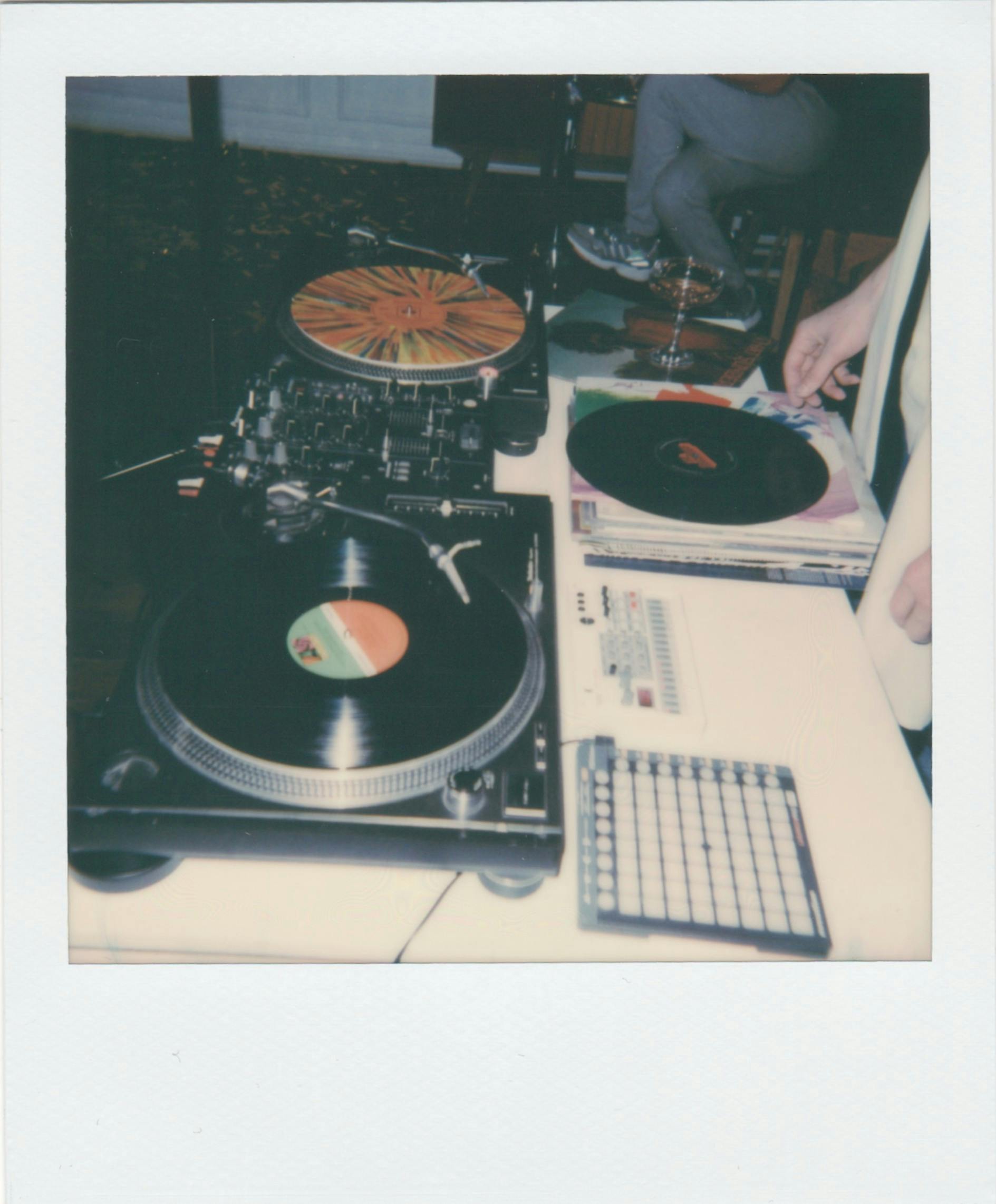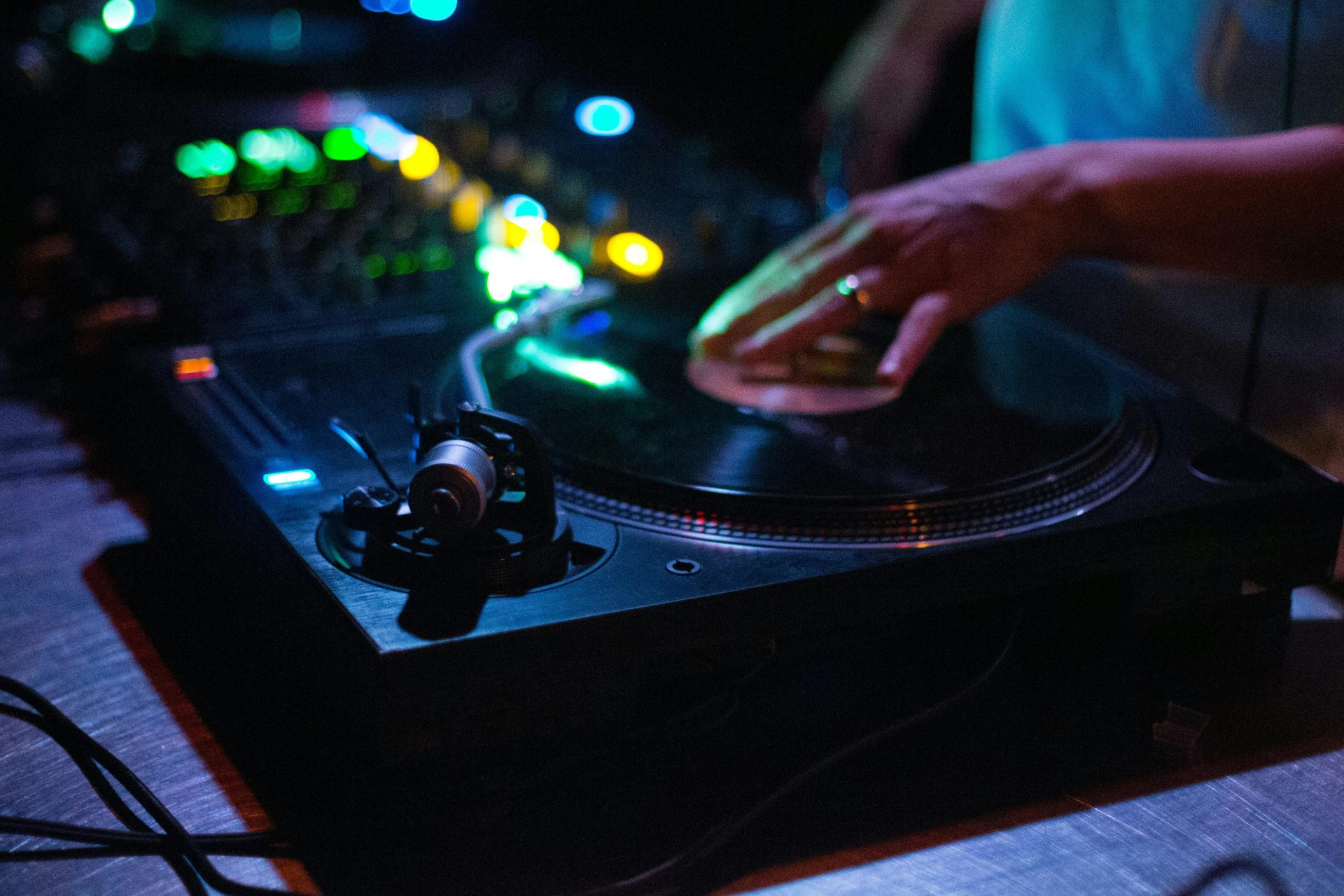
Why Vintage DJ Gear Still Matters Today
In an era where digital controllers and software reign supreme, vintage DJ gear continues to hold a special place in the hearts of DJs and music lovers worldwide. While modern equipment offers convenience and cutting-edge features, there is something about classic gear—whether it’s the Technics turntables, Pioneer mixers, or legendary drum machines—that continues to capture the imagination. These vintage pieces of equipment have not only survived the test of time, but they also remain a significant part of DJ culture today. The reasons for their enduring appeal range from nostalgia to superior craftsmanship, but ultimately, it’s about the unique experience that these devices provide, which modern technology cannot replicate.
The Timeless Appeal of Vinyl and Turntables
One of the most iconic elements of DJing is the use of vinyl records and turntables. While digital DJing has become more widespread with the rise of software like Serato and Traktor, the feel and experience of vinyl is still unmatched. For many DJs, vinyl records offer a tactile, engaging, and organic connection to the music, an experience that modern digital setups can’t quite reproduce. Classic turntables, particularly the Technics SL-1200, continue to be held in the highest regard due to their rock-solid build quality, pitch control accuracy, and the depth of engagement they demand from the DJ.
The ritual of physically handling records, cueing tracks, and adjusting the pitch creates a deeper connection between the DJ and the music they play. Scratching and beatmatching on vinyl are highly regarded techniques that not only define the craft of DJing but also shape the sound of entire genres like hip-hop and electronic dance music. This tactile, hands-on approach to performance gives DJs greater control over their sets, making the music feel more personal and immediate. The Technics SL-1200, a model that became synonymous with DJing in the late 20th century, is known for its durability and precise design, features that ensure its lasting relevance even in today’s digital age.
The Distinct Sound of Analog Gear
Another reason vintage DJ gear remains so important is the distinct sound it produces. Vinyl records, when played on quality turntables, deliver a sound that is often described as warmer and richer than digital formats. The inherent imperfections in analog sound—like the gentle crackle of a record—contribute to a more organic listening experience that many audiophiles and DJs still prefer over the cleaner, more sterile sound of digital files.
Vintage mixers and turntables from companies like Pioneer and Vestax also offer a unique quality in their sound processing that digital gear has yet to replicate. Analog equipment delivers more dynamic, fluid audio with fewer digital artifacts and compression. The difference is particularly noticeable in high-fidelity audio systems, where the subtleties of analog sound truly shine. In the world of DJing, where sound is everything, having gear that delivers a rich, full sound is not just a preference but a necessity for many. Vintage gear allows DJs to manipulate the audio in ways that preserve its quality and depth, something that has led to its continued use on club floors and radio stations around the world.
Durability and Longevity of Vintage Gear
While many modern DJ products focus on lightweight, portable designs, vintage DJ gear is renowned for its durability and longevity. Equipment from companies like Technics, Pioneer, and Vestax was built to last, made from high-quality materials designed to endure years of heavy use. One of the most enduring examples of this is the Technics SL-1200 turntable, which has remained a staple in DJ booths for over four decades. The robust design and mechanical precision of these machines have contributed to their remarkable longevity, with many DJs still using the same units they purchased years, if not decades, ago.
This durability translates into a sense of reliability and trust between the DJ and their gear. Vintage gear isn’t just a tool—it becomes part of the DJ’s performance identity. In fact, many DJs seek out vintage equipment specifically because of its ability to endure harsh conditions, whether it’s a touring DJ who’s constantly moving between venues or a club DJ who puts the gear through daily use. This sense of longevity makes vintage gear a worthwhile investment, and for many, it becomes a cherished companion in their musical journey.
The Nostalgic Connection to DJ Culture
Vintage gear also holds strong sentimental value in the world of DJing, as it connects newer generations of DJs with the history and legacy of the craft. Equipment from the past symbolizes the foundations of DJ culture and helps preserve its rich traditions. When DJs use vintage turntables or mixers, they are not only continuing the legacy of the past—they are paying homage to the pioneers who shaped the art form. This sense of history fosters a deeper connection to the craft, allowing DJs to understand and appreciate the roots of the culture they are part of.
For many DJs, using vintage gear is a way of participating in an ongoing tradition. It’s about respecting the pioneers who paved the way and maintaining a sense of authenticity in the face of an increasingly digital world. There’s also a certain aesthetic appeal to the classic designs of vintage gear—whether it’s the iconic silver finish of a Technics turntable or the rugged, industrial look of old-school mixers. This visual connection to the past reinforces the sense of nostalgia and provides DJs with the tools that not only offer superior performance but also help them feel more connected to the culture that gave birth to modern DJing.
The Influence on Modern DJ Technology
Despite the widespread use of digital DJing tools, many modern controllers and software still draw inspiration from vintage DJ gear. Features such as jog wheels, pitch sliders, and the familiar layout of digital mixers are directly influenced by turntables and analog gear. The tactile feedback of vinyl, combined with the robust design of older mixers, laid the groundwork for the digital DJ controllers used today. Without the enduring influence of vintage gear, it’s hard to imagine the current landscape of DJing.
Moreover, many modern DJ equipment manufacturers continue to produce gear that mimics the feel and style of vintage models, often incorporating nostalgic elements into their designs. Whether it’s a reissue of classic mixers or turntables with updated components, these products allow DJs to experience a hybrid of both analog and digital worlds. This blending of the past and present speaks to the timeless relevance of vintage gear and its ability to inspire innovation within the modern DJing community.
The Value of Vintage Gear in Today’s Market
As interest in vintage DJ gear continues to grow, so does the market for secondhand equipment. Many DJs are now seeking out well-preserved vintage turntables, mixers, and drum machines, not just for their performance value but also for their historical significance. The scarcity of certain vintage models, combined with their continued demand, has led to an increase in prices, but many DJs view these investments as essential. Vintage gear is often considered more than just equipment; it’s seen as a piece of DJing history. The value of owning and using these machines goes beyond sound quality—it’s about connecting with the past and paying tribute to the pioneers who made DJing what it is today.
Even as technology continues to advance, there is no denying the lasting influence of vintage DJ gear. For many, these pieces of equipment are more than just tools—they are symbols of the soul of DJing itself. Whether it’s the sound quality, the durability, the nostalgia, or the connection to DJ culture, vintage gear will always have a special place in the heart of the DJ community.
Conclusion
In an era where technological advancements have completely transformed the way DJs perform and interact with music, it’s clear that vintage DJ gear has not lost its relevance. From the tactile experience of vinyl turntables to the analog warmth of old-school mixers, vintage gear offers a depth, authenticity, and craftsmanship that modern devices often lack. Beyond its superior sound quality and durability, it’s the emotional connection to the past, the homage to DJ culture, and the timeless appeal of these machines that continue to make them highly valued by both professional DJs and collectors alike. Vintage DJ gear is more than just equipment—it is a bridge between the past and present, a symbol of an enduring legacy that continues to shape the future of DJ culture.

